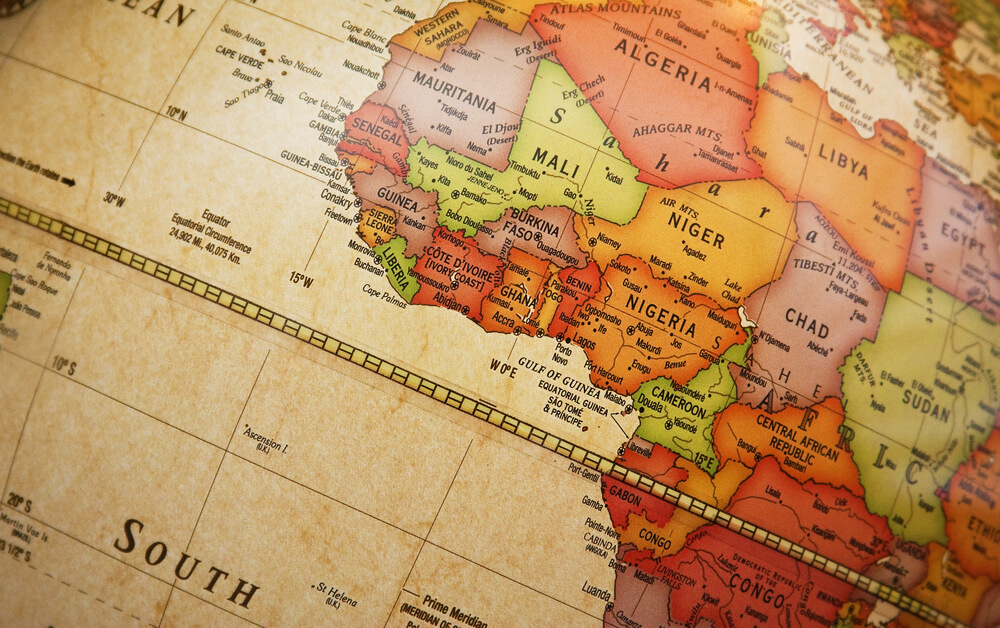Senegal Will Introduce a Blockchain-Based National Digital Currency

Senegal will become one of the earliest countries in the world to introduce a national digital currency, based on blockchain technology. Titled eCFA, the digital currency will be legal tender alongside the CFA Franc, the country’s and the region’s national currency, adopted by fourteen countries in the region. These countries were predominantly French colonies in West Africa.
First reported by local publication iAfrikan , the eCFA’s development stems from a partnership between regional bank Banque Régionale de Marchés (BRM ) and eCurrency Mint Limited, a fintech startup with a focus on central banks’-issued digital currencies.
Notably, the digital tender will be issued in accordance and compliance with e-money regulations of Banque Centrale des Etats de l’Afrique de l’Ouest (BCEAO). As the central bank of the West African Economic and Monetary Union (WAEMU), the BCEAO will also oversee the digital tender’s distribution beyond Senegal, in other West African countries. A press release from earlier this month revealed Senegal to be the first country to see the eCFA, before a second phase of the operation sees a rollout in Cote d’Ivoire (Ivory Coast), Benin, Burkina Faso, Mali, Niger, Togo and Guinea-Bissau.
“The eCFA is a high-security digital instrument that can be held in all mobile money and e-money wallets. It will secure universal liquidity, enable interoperability, and provide transparency to the entire digital ecosystem in WAEMU,” an excerpt from the release added.
The eCFA will be issued by the BRM, a financial institution specialized in investment banking and capital markets in the WAEMU region.

In statements, BRM CEO Alioune Camara stated:
An eCFA backed by our banking system and the central bank is the safest and most secure way to enable the digital economy. We can now facilitate full interoperability between all e-money systems.
While the announcement of a digital currency replicating the value and usability of a fiat cash equivalent in multiple countries is significant, details remain scarce. What is known, however, is that the eCFA will be secured cryptographically and will be developed in a way to be operable with other digital cash systems in Africa, a continent that still sees a significant majority of its people remain unbanked.
Digital Currency Over Paper Cash
The move to introduce a digital currency overseen by a central authority in the WAEMU region comes during a time when other central banks around the world are researching or are already developing their own digital cash equivalents of paper notes. The People’s Bank of China – the country’s central bank – is arguably the most telling example of a central bank’s interest in a digital currency. Earlier this year, the bank publicly revealed its intention to issue its digital currency “as soon as possible.” More recently, the central bank published a recruitment call seeking blockchain and cryptography experts to aid in the development of its endeavor.
This month, Singapore’s central bank MAS announced its development of a blockchain PoC (proof-of-concept) pilot to facilitate inter-bank payments within its borders and beyond.
Images from Shutterstock.